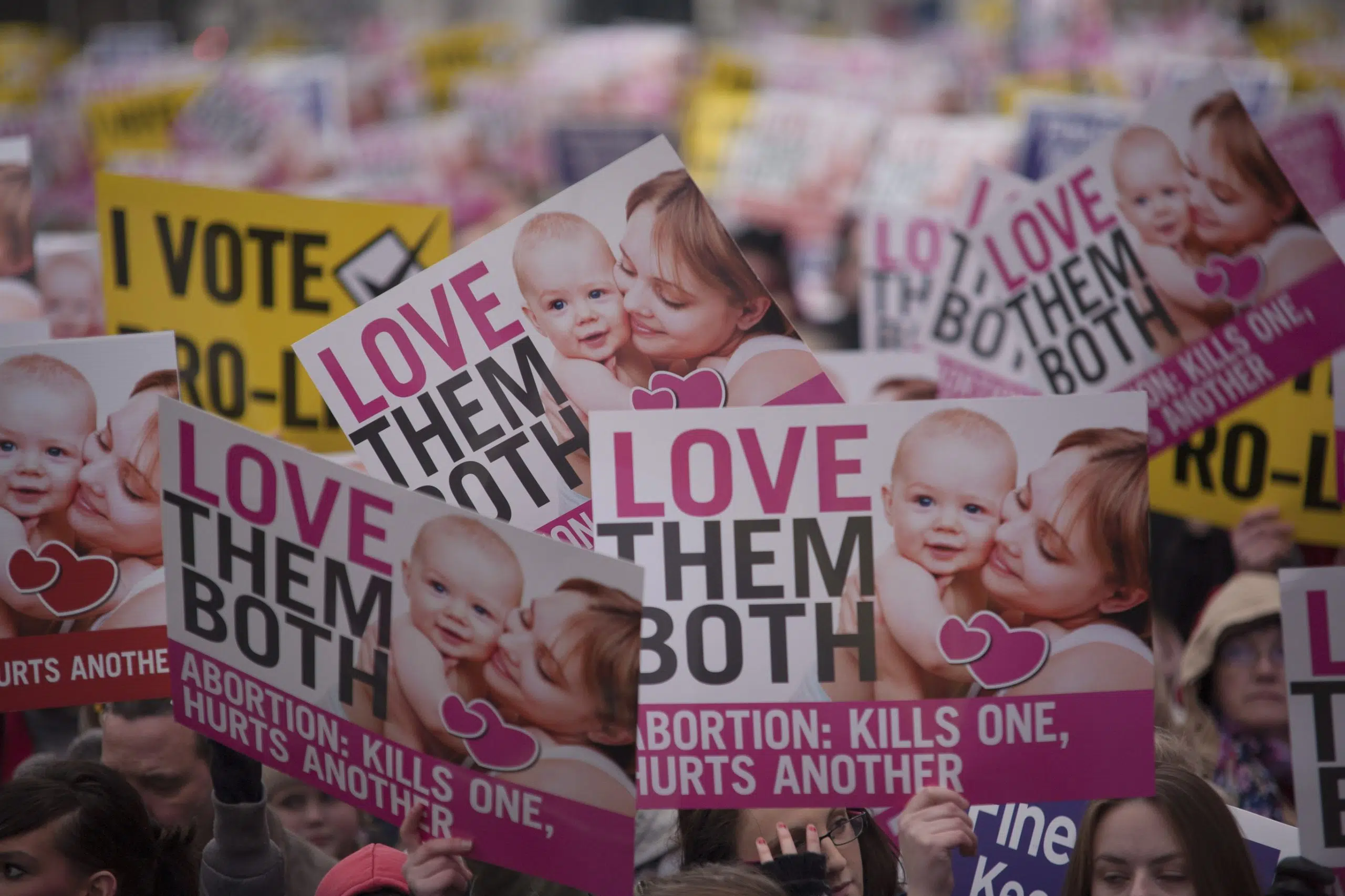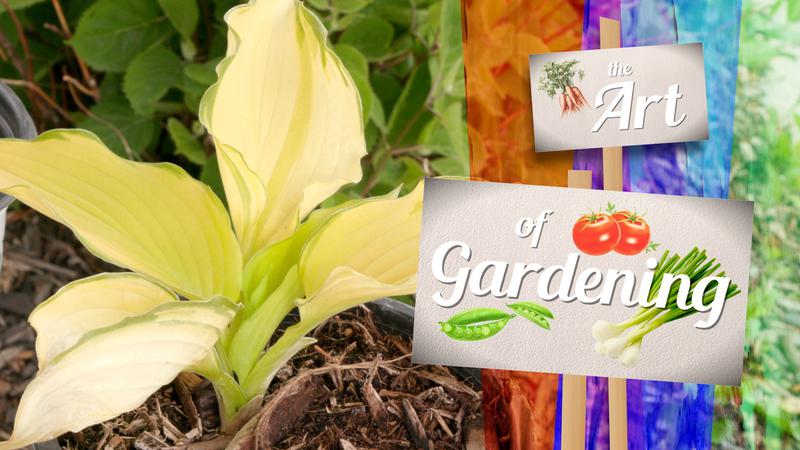
CHARBONNEAU: Redefining pro-life
THE HARDENING OF ABORTION into the pillars of political parties is showing fractures.
Whether abortion is a human right belonging to a woman or a human right that belongs to the fetus used to be a philosophical and religious debate. Now it’s about politics. Republicans in the U.S. and a majority of conservatives in Canada are against abortion. Democrats and progressives in Canada support justifiable abortions.
The abortion issue moved into political camps decades ago. The landmark decision of the U.S. Supreme Court in Roe v. Wade in 1973 declared that women had the right to choose an abortion. In response, anti-abortion groups began to rapidly mobilize and the “Human Life Amendment” was proposed.
Because it’s better to be seen as for something rather than against it, anti-abortion groups decided to call themselves “pro-life”.


